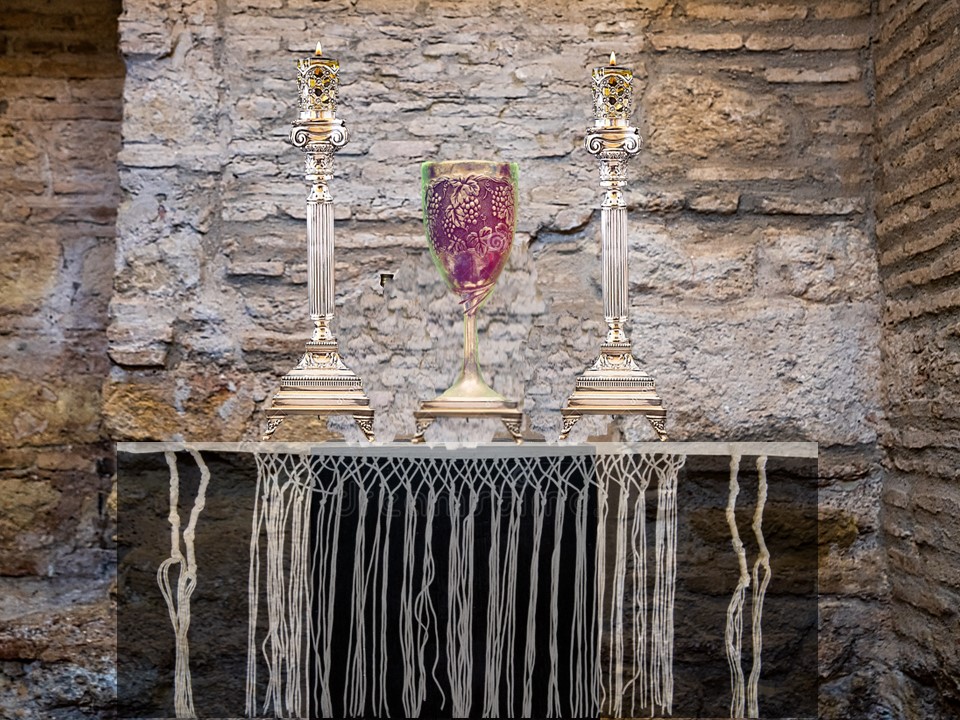Concerning the Sabbath, there is something else that we read in Genesis which became quite difficult for many in rabbinical Judaism to interpret, something that Yeshua explains for us. The passage is found in Genesis 2:2: By the seventh day God completed His work which He had done, and He rested on the seventh day from all His work which He had done.
Can you see the problem? It reads that God completed His work on the seventh day. Does that mean that He worked on the seventh day? One famous rabbi, Rashi, noticed it and wrote in his Genesis commentary: it appeared as if by the time He finished the work of creation it was already the seventh day. That means he worked on the Sabbath. That is what the Hebrew conveys.
Even the Septuagint, the Bible translated into Greek by 70 rabbis back in the third century B.C., changed the seventh day for the sixth day. They wrote: And God finished on the sixth day his works which he made, and he ceased on the seventh day…
They could not figure out how God could work on the seventh day, but it should not be a problem for us. Yeshua said that He and the Father are always working for the simple reason that sin never rests. In John 5, after Yeshua healed a lame man on the Sabbath day, the religious leaders accused Him of breaking the Sabbath. He answers them in John 5:17: My Father has been working until now, and I have been working.
He tells them they are so engulfed in their man-made laws that they overlooked the fact that God always works His redemptive miracles on the Sabbath and every day.
Satan has no Sabbath – evil never rests. That is why the priests at the Temple never stopped. They still sacrificed on the Sabbath. I said this to a Jewish friend of mine this past week and he could not believe it. The Father and the Son are both working in saving souls seven days a week, twenty-four hours a day, including the Sabbath.
Ironically, it was on the Sabbath that one would find more priests present at the Temple than on other days. First, two extra priests were on hand to change the loaves of bread in the Holy Place, which were replaced every Sabbath. Plus, the Sabbath was the time when the priests rotated courses. The outgoing priests offered the morning sacrifices and the incoming priestly course offered the evening sacrifices, (Josephus Antiquities, 7). So two courses of priests found themselves at the Temple on the Sabbath.
The Temple was already a very busy place on the Sabbath, but the Jewish leadership was overloading the people with so many laws which blinded them from seeing the freedom we have in the Sabbath. The Talmud itself complained about it. It is written in the Mishnah: The laws of the Sabbath, festal offerings, and sacrilege — lo, they are like mountains hanging by a string, for they have little Scripture for many laws. Mishnah Hagigah 1:8 D
There were many, many laws but few Scriptures could support them. Even they say that. They divided their additional laws into 39 divisions. Someone said that amounted to 1,521 additional laws which is 39 x 39 but who knows the exact number of laws they added? One unnecessary addition is already way too much.
When they accused Yeshua of breaking the Sabbath, they were very wrong. He never broke the Mosaic law. What He broke was the religious leaders’ idolized laws and their interpretation of the them.
